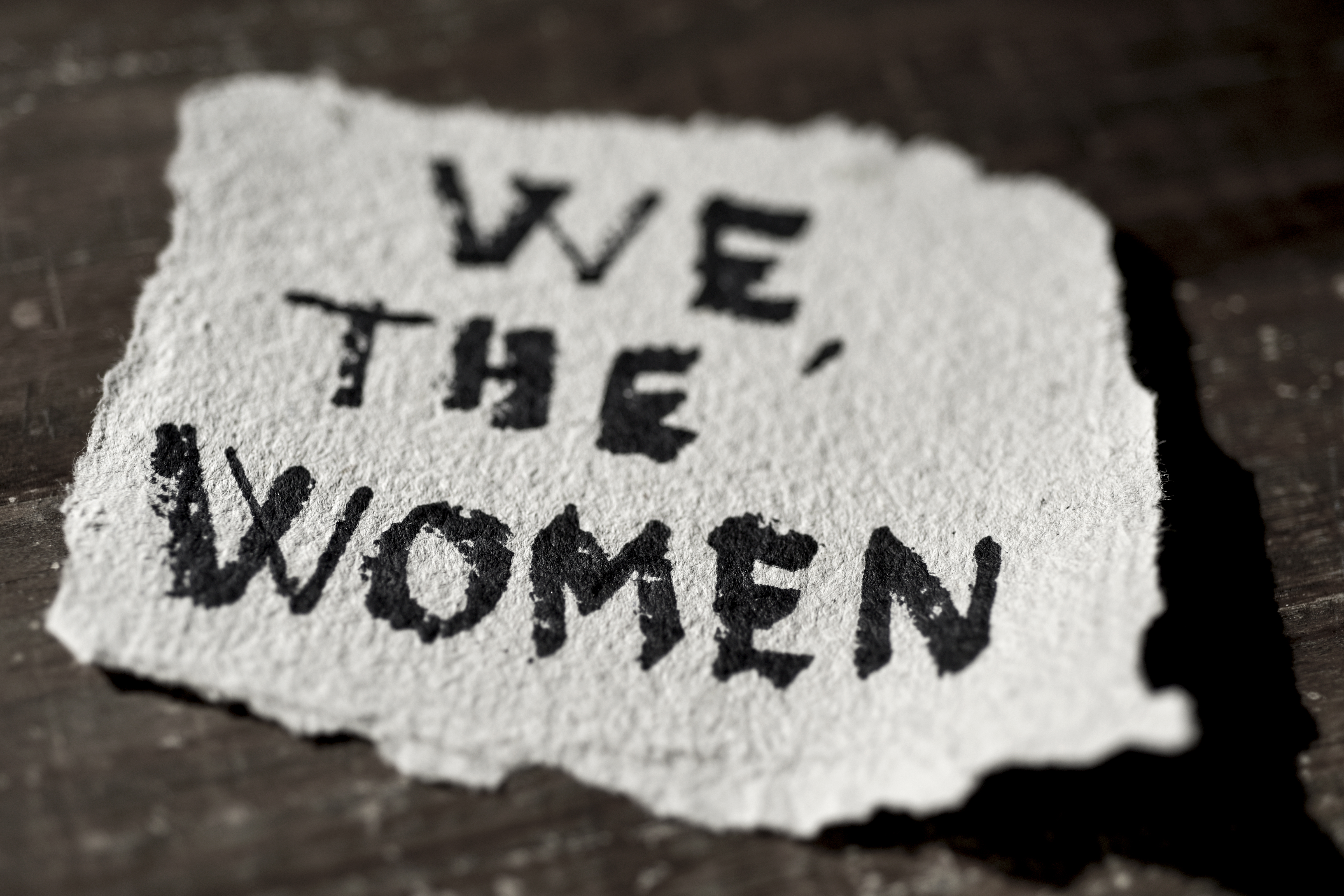Reflecting on 16 Days of Activism
70 years ago, on December 10, 1948, the United National Genera Assembly adopted the Universal Declaration of Human Rights. This milestone proclaimed that everyone had rights - regardless of gender, race, colour, religion, language, origin, political opinion, or other status. It is the most translated document in the world, available in more than 500 languages. The Declaration sets out universal values for all people and nations, establishing the worth and dignity of every person.
The principles first set out in the Universal Declaration of Human Rights are still as relevant as they were 70 years ago. They empower everyone. They also remind us that not only do we need to stand up for our own rights, but we also need to stand up for those of others, especially those whose voices may have a harder time being heard. Those who suffer oppression or fear, those whose voices are stifled by others.

This is also a stark reminder of the significance of gender-based violence. The right of every person to live a life free of fear or violence should be a constant consideration as we all work to create a safe and fair society, for everyone. A home, most of all, should serve as the one safe place in each person’s life. But the reality is that for many, their home is the opposite. As we end the 16 Days of Activism against Gender-based Violence, we must remember that these actions continue for the other 349 days of the year. The levels of violence that women still face are astounding, even right here in Canada, where a woman is killed by her intimate partner every 6 days. We cannot forget that domestic violence knows no boundaries, regardless of race, colour, religion, or socio-economic status.
So as we look back and reflect on another year of hard work on ending violence against women, let’s make sure we’re all equipped to help do our part in ending violence against women.
- Know the signs. You never know when you can help save a life. It may be a friend, a family member, a neighbour, a co-worker, or even an acquaintance. If you hear something, see something, or know something, speak up.
- There are many ways to help. Learn how so you’re well prepared. From calling local authorities to report suspicious circumstances or fears of violence, to helping a close friend come up with a safety plan, there is always something you can do.
- Start early. Talking with children about consent and body autonomy, and with teens and young adults about healthy relationships. Early education and strong knowledge can have a profound effect on both preventing abuse and helping others respond to abuse. Raising awareness works. Start with our free series for teens.
